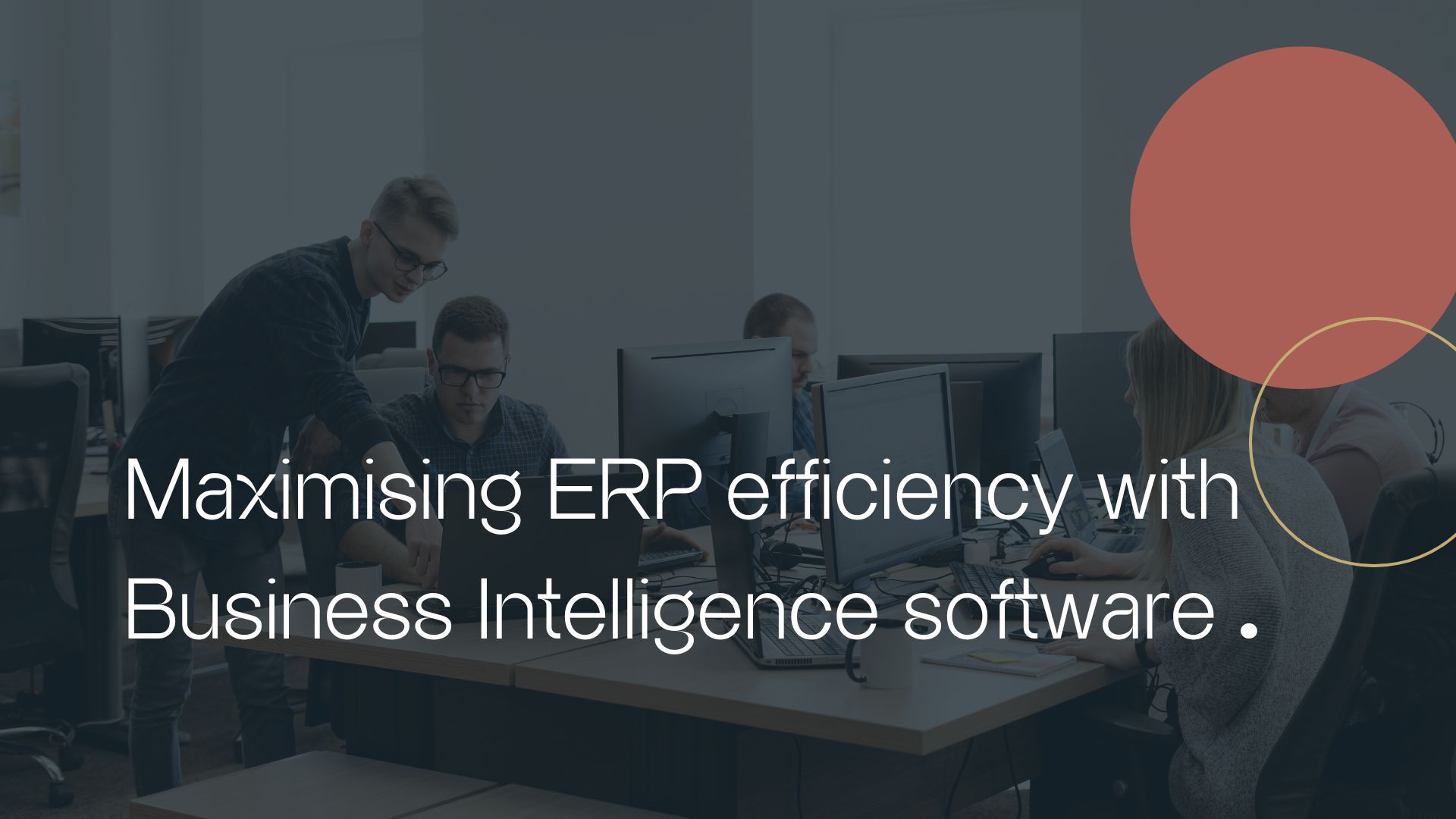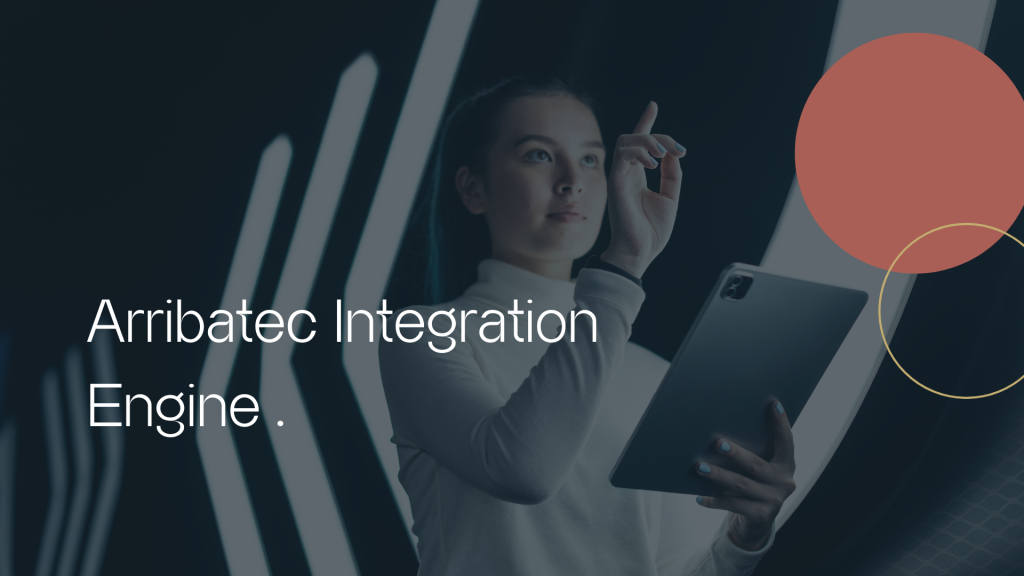
Maximising ERP efficiency with Business Intelligence software
In today’s fast-paced business landscape, staying competitive and agile is paramount. This is where Enterprise Resource Planning (ERP) systems come into play. ERP solutions help businesses streamline their operations, manage resources efficiently, and make informed decisions. However, as the volume of data continues to grow exponentially, traditional ERP systems alone may not be enough to harness its full potential. That’s where Business Intelligence (BI) software comes in, extending the capabilities of ERP tools and transforming data into actionable insights.
Understanding the Need for Business Intelligence in Enterprise Resource Planning
While ERP systems are invaluable for managing various aspects of business operations, they have their limitations when it comes to in-depth data analysis. They excel at collecting and storing data, but extracting meaningful insights can be challenging. This is precisely where BI software becomes indispensable. BI tools are designed to sift through vast amounts of data, identify trends, generate reports, and provide decision-makers with valuable information in real time.
Key Considerations for Integrating BI with ERP
Integrating BI with enterprise resource planning systems can be a complex and challenging process. However, it can also be a very rewarding one. Businesses can maximise the benefits of this integration by considering some of the points below:
- Data Quality and Consistency: To derive accurate insights, data quality and consistency are paramount. Ensure that data is clean, reliable, and up-to-date.
- Security and Privacy: Combining ERP and BI means handling sensitive business data. Implement robust security measures to protect data from unauthorised access or breaches.
- Scalability and Compatibility: Choose BI solutions that can scale alongside your ERP system and are compatible with your existing technology stack.
- Training and User Adoption: Invest in training and ensure that your team is proficient in using both ERP and BI tools effectively.
Advantages of Using BI as an ERP Extension
By integrating business intelligence with ERP, businesses can gain a competitive edge and improve their overall performance. When business intelligence tools are used as an extension of ERP, they can provide several advantages, including:
- Enhanced Data Visibility: BI tools provide a holistic view of your ERP data, allowing you to identify trends, anomalies, and opportunities.
- Real-Time Reporting and Analytics: With business intelligence solutions, you can access real-time reports and analytics, empowering decision-makers to act promptly.
- Predictive Analytics: BI enables predictive analytics, helping you forecast demand, market trends, and potential risks.
- Actionable Insights: BI-driven dashboards offer actionable insights at your fingertips, aiding in strategic decision-making.
- Automation: save time with streamlined data integration, real-time reporting, and automated decision-making processes that result in increased efficiency, reduced errors, and enhanced insights.
Future Trends and Forecasts
Emerging trends such as Artificial Intelligence (AI) and machine learning integration are poised to revolutionise data analysis and decision-making processes. Predictive analytics and prescriptive insights will become even more sophisticated, enabling businesses to stay ahead of the curve.
The integration of BI with ERP is a key trend in this market. By combining these two technologies, businesses can gain a holistic view of their operations and make better decisions. This can lead to improved efficiency, profitability, and customer satisfaction. The forecasts for BI in conjunction with ERP are very optimistic. According to a recent study by Gartner, the global market for BI and analytics is expected to grow to $332.8 billion by 2023. This growth is driven by the increasing demand for data-driven decision-making in businesses of all sizes.
Selecting the right Business Intelligence Solution for Your ERP
When choosing a business intelligence solution to complement your ERP system, consider factors such as scalability, ease of integration, user-friendliness, and vendor support. The right BI tool should align with your business needs and seamlessly integrate with your ERP infrastructure.
In conclusion, the synergy between ERP and BI is the key to unlocking the full potential of your data. Extending your ERP capabilities with BI software gives you access to actionable insights, real-time analytics, and predictive capabilities. This empowers your business to make informed decisions, stay competitive, and adapt to evolving market trends.
Ready to harness the power of BI for your ERP system? Reach out to our experts for guidance and explore BI solutions that align with your business goals. Share this blog within your professional network to spread the word about the transformative potential of BI-ERP integration.





